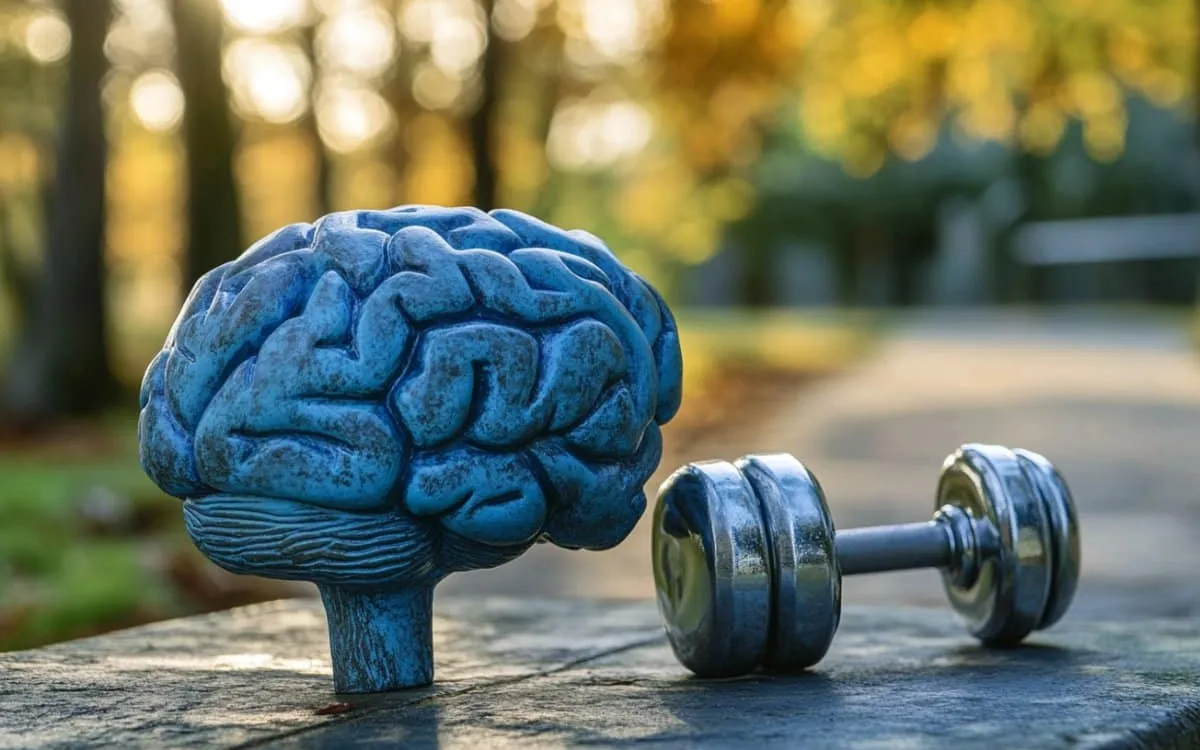
A groundbreaking study from the University of Missouri-Columbia has unveiled critical insights into how exercise can safeguard brain health, even when the body is unable to produce ketones—an essential energy source for cognitive function. This research indicates that physical activity can counteract cognitive decline caused by impaired liver function, highlighting the importance of exercise in maintaining cognitive abilities.
Ketones serve as a crucial fuel for the brain, particularly when glucose levels are low. Under normal circumstances, the liver generates ketones, which support memory, learning, and overall cognitive health. However, what happens when the liver's ability to produce ketones is compromised? This question motivated researchers Taylor Kelty and R. Scott Rector to investigate the potential of exercise to compensate for this deficit.
The study conducted by Kelty and Rector explored the effects of limited ketone production on brain function. As anticipated, reduced ketone levels led to noticeable declines in cognitive function and memory. Surprisingly, the findings revealed that exercise could still facilitate improvements in brain function, even in the absence of adequate ketone production. “Going into the study, we thought that with fewer ketones and the cognitive impairments that causes, exercise may not be able to overcome that impairment,” Kelty explained. However, the results demonstrated that exercise activates alternative mechanisms in the brain that deliver benefits regardless of ketone availability.
This research underscores the complex and multifaceted role that physical activity plays in enhancing brain health. Rector emphasized, “This study highlights how exercise benefits the body in a multitude of ways, even when we don’t fully understand all the molecular mechanisms involved.” The findings suggest that even when one energy production pathway is impaired, exercise can still mitigate deficiencies and promote cognitive resilience.
The implications of this research are particularly significant for individuals with liver conditions that hinder ketone production. Kelty noted that emerging research indicates individuals with severe liver dysfunction have a heightened risk of developing dementia. “If ketone production in the liver is disrupted, it could be a potential cause of cognitive decline, ultimately leading to conditions like dementia,” he stated. This highlights the critical need for further research on the intersection of liver health and cognitive function.
As the study raises awareness about the importance of ketone production for brain health, it also opens new avenues for future research. Kelty expressed enthusiasm about the potential for ongoing investigations into the relationship between exercise and cognitive function, particularly in older adults. “Exercise could be a key piece of the puzzle in preserving brain health as we age,” he remarked.
With the number of Americans projected to develop Alzheimer’s disease more than doubling by 2060, the findings from the University of Missouri-Columbia present a hopeful perspective. The study, titled “Cognitive impairment caused by compromised hepatic ketogenesis is prevented by endurance exercise,” was published in The Journal of Physiology. Funded by the National Institutes of Health (NIH), this research is part of a broader initiative aimed at understanding how physical activity improves health and prevents disease.
In conclusion, this research emphasizes the vital role of exercise not only in physical health but also in cognitive preservation. As we continue to uncover the mechanisms behind these benefits, the message is clear: regular physical activity is an essential component of maintaining brain health, especially for those facing metabolic challenges.